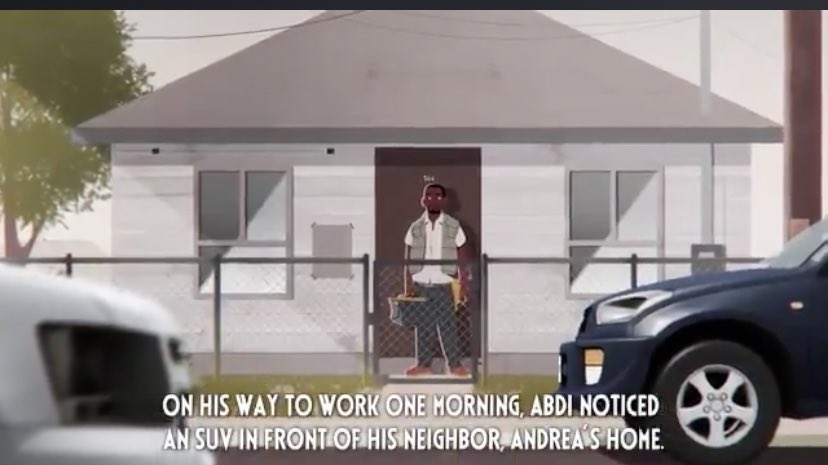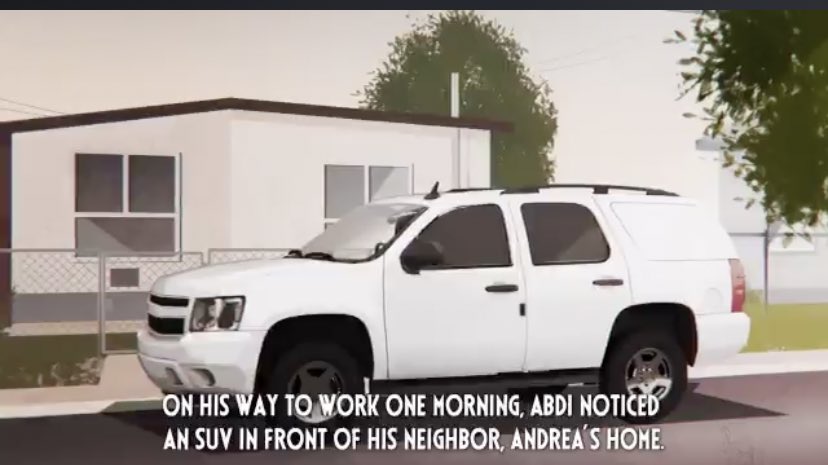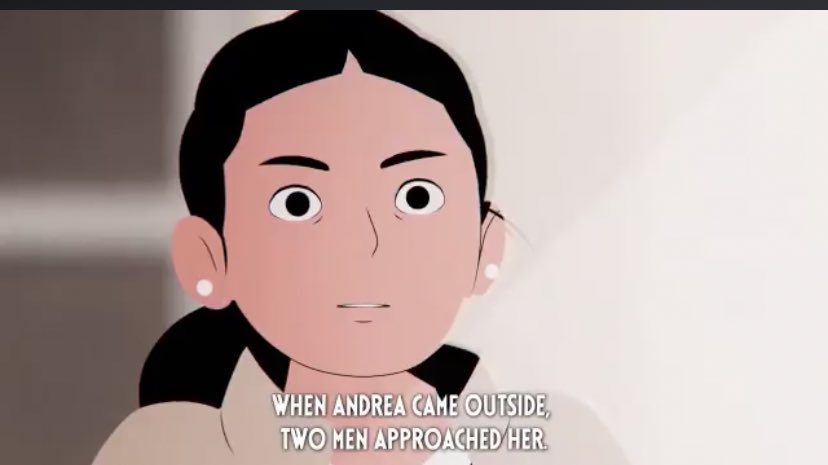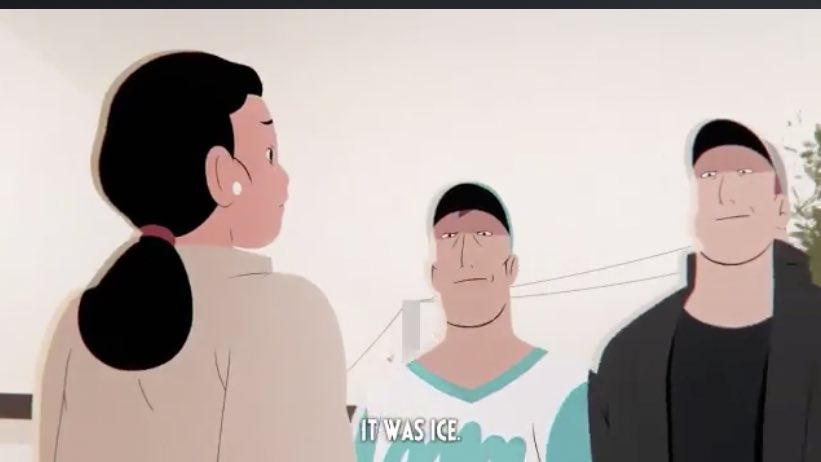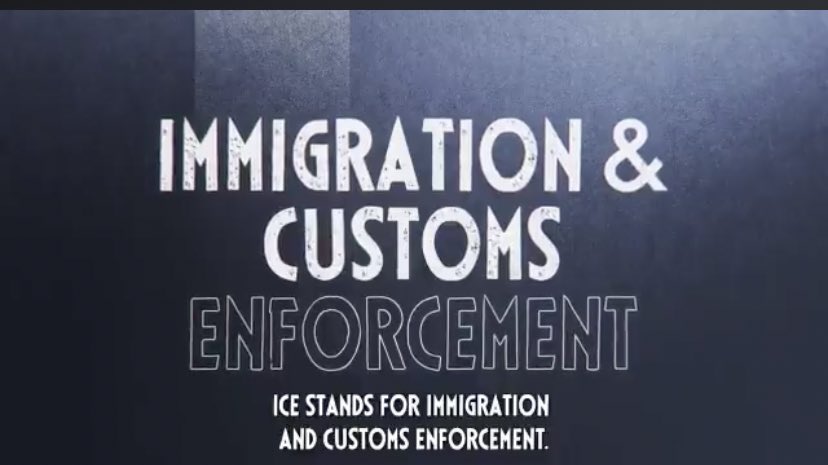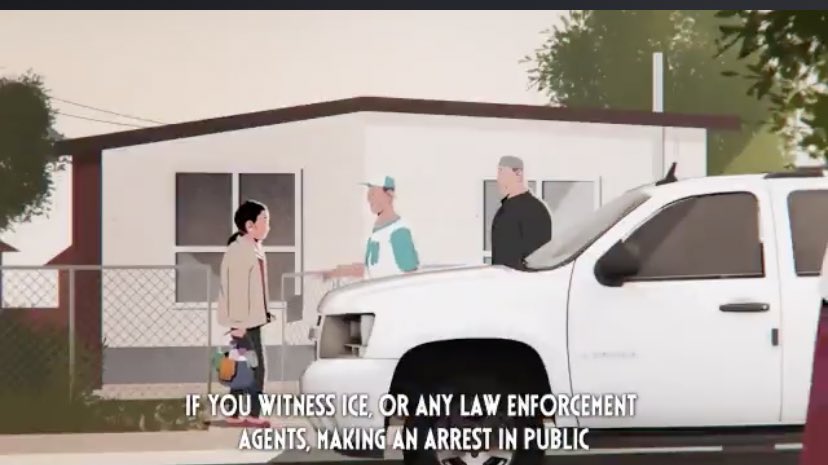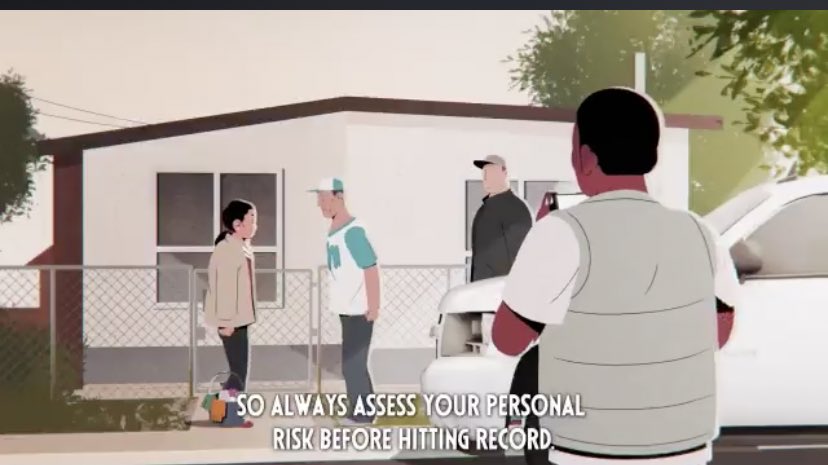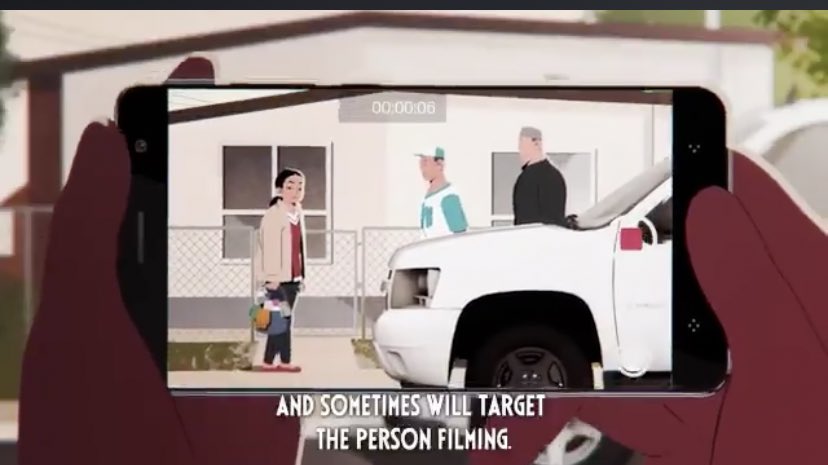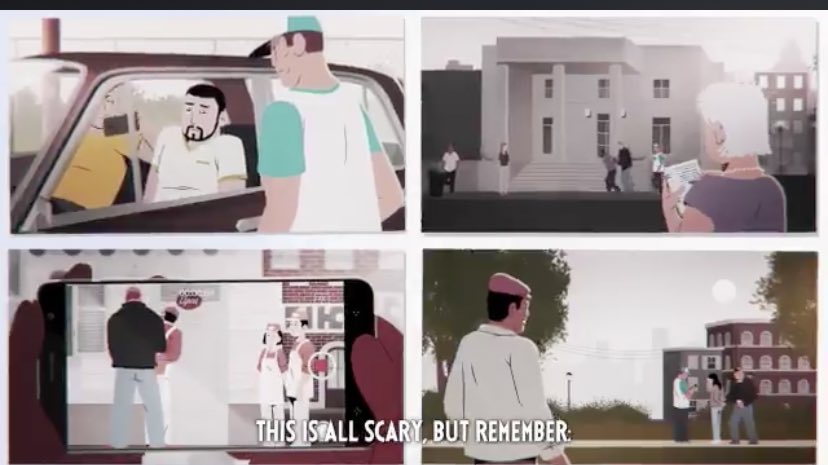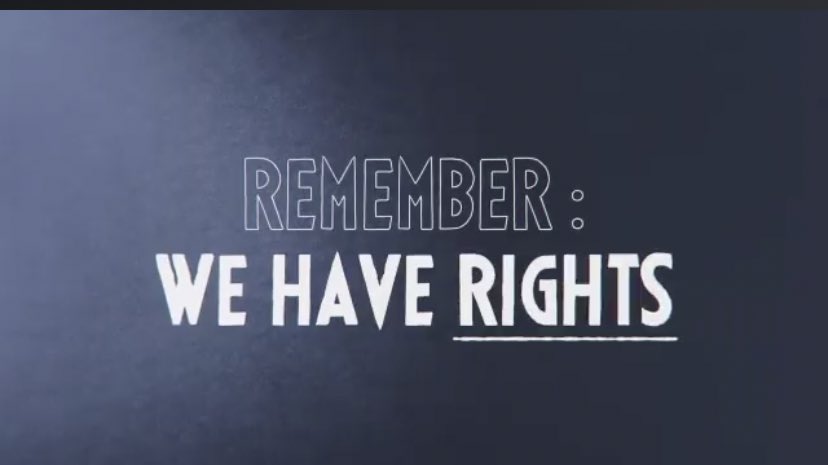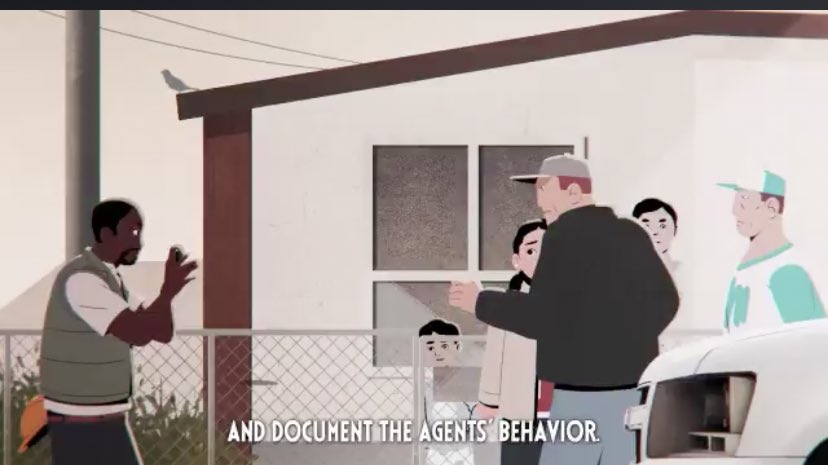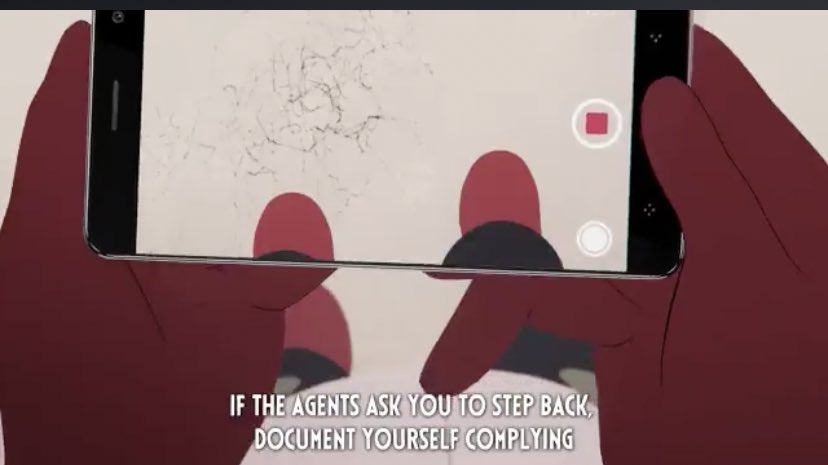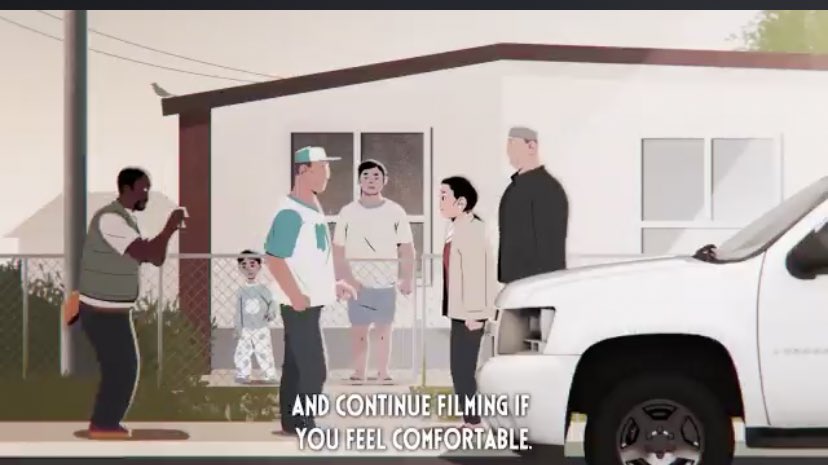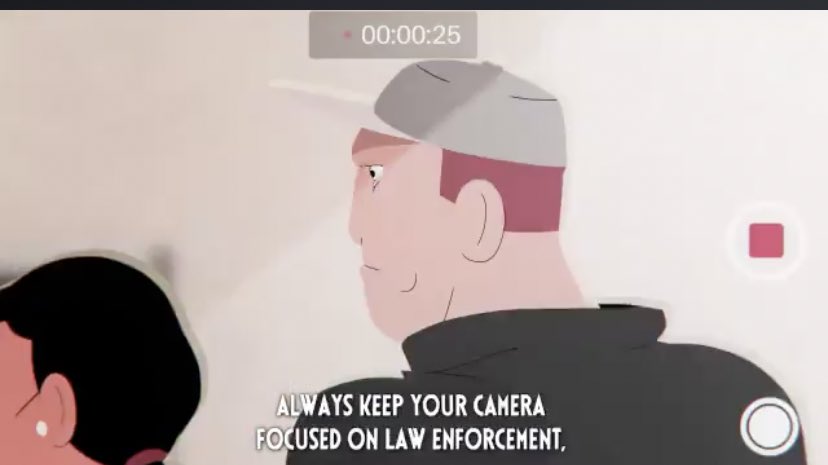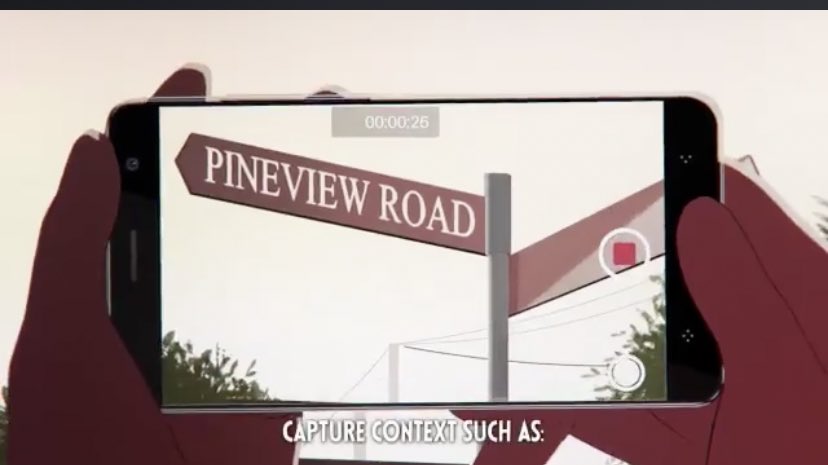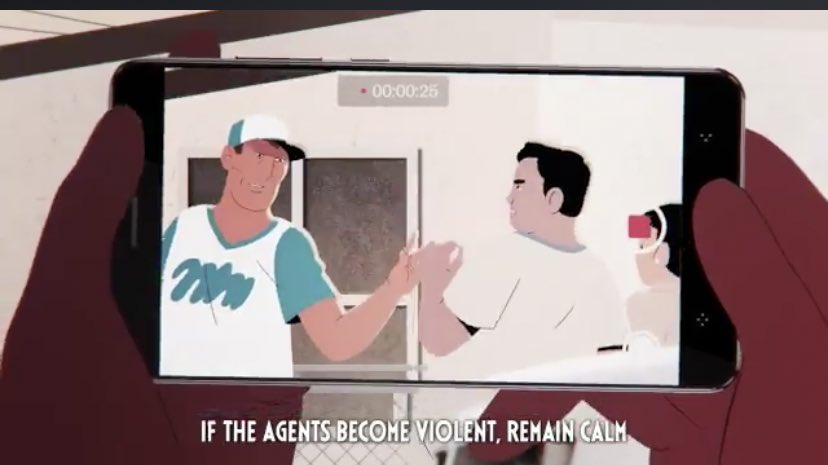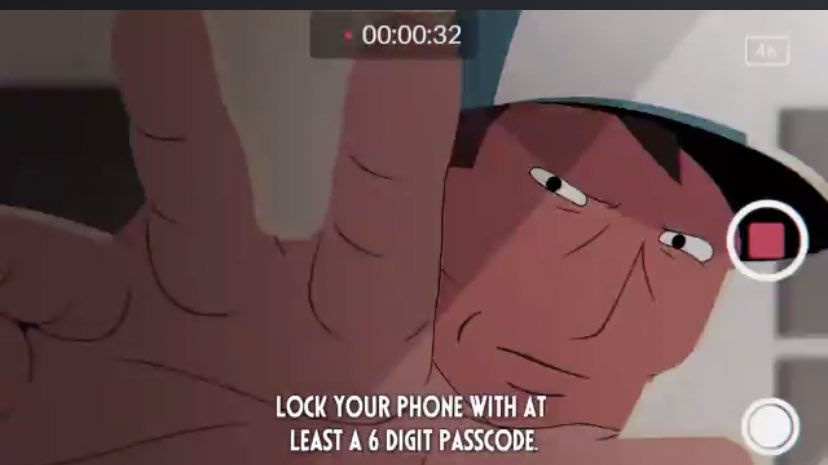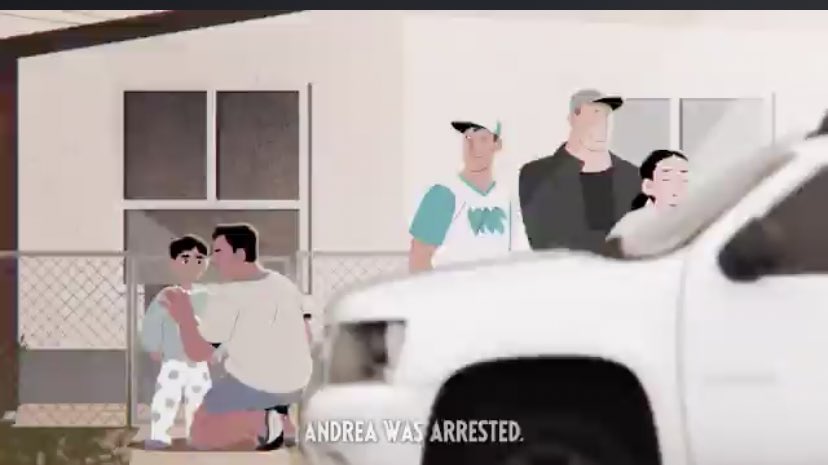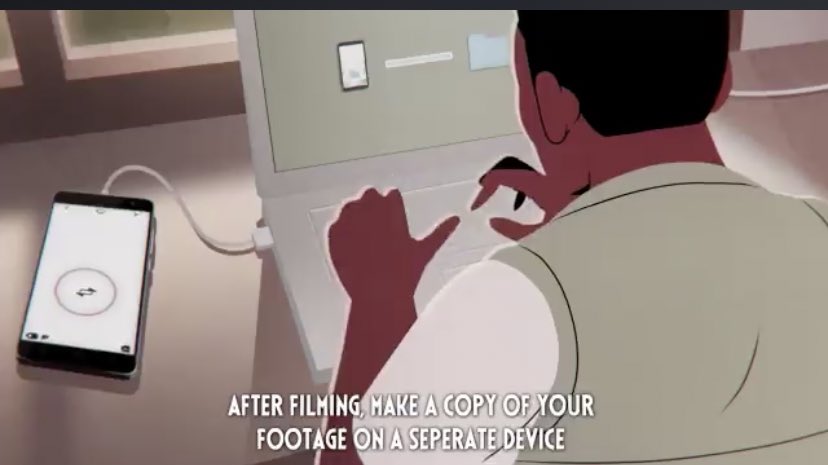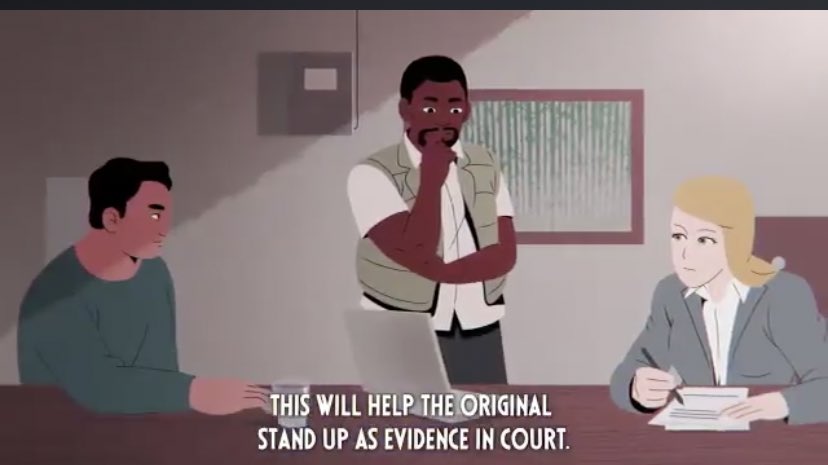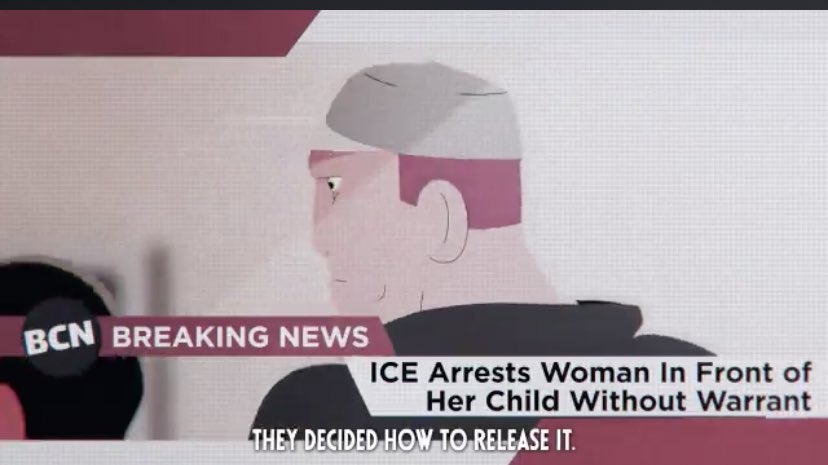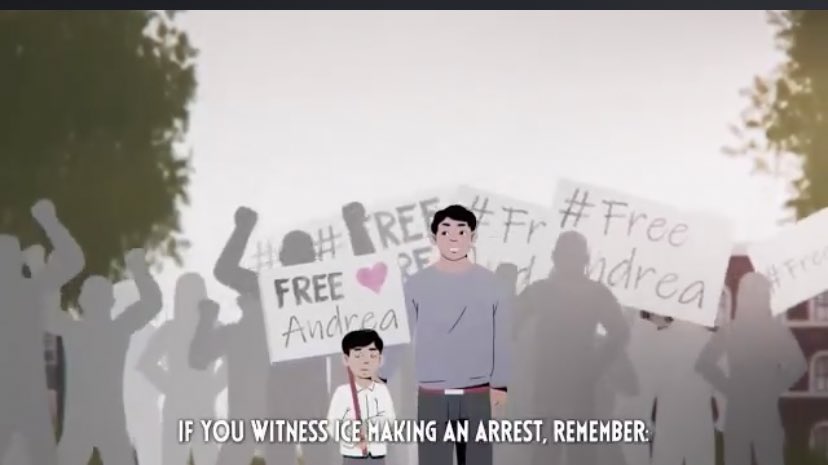“The sun rises over the houses. Abdi, a Somali man in his late 20s, is leaving his home on his way to work. He notices an SUV parked in front of his neighbor’s home.” A thread on your rights when documenting arrests & misconduct by law enforcement:
“If you witness ICE – or any law enforcement agents – making an
arrest in public, it is your right to film the interaction as long as you do not interfere with the arrest.”
arrest in public, it is your right to film the interaction as long as you do not interfere with the arrest.”
“Abdi approaches Andrea’s house. He takes out his phone & turns it so that it is horizontal not vertical. He begins filming the interaction. The agents are now speaking with Andrea. She looks back toward the house to see if anyone is watching. She locks eyes with Abdi.”
ICE doesn’t always respect these rights & sometimes will target
the person filming, so always assess your personal risk before hitting record. If you’re not comfortable filming its okay. You can still document the arrest by taking notes on what happens or simply bearing witness.”
the person filming, so always assess your personal risk before hitting record. If you’re not comfortable filming its okay. You can still document the arrest by taking notes on what happens or simply bearing witness.”
When documenting an arrest, film openly and comply with any
instructions the agents give you. If the agents tell you to stop filming, you can tell them, “I am exercising my right to document this arrest.”
instructions the agents give you. If the agents tell you to stop filming, you can tell them, “I am exercising my right to document this arrest.”
“Abdi let Andrea know that he was there to support her and
document the agents’ behavior. If the agents ask you to step back, document yourself complying
and continue filming if you feel comfortable.”
document the agents’ behavior. If the agents ask you to step back, document yourself complying
and continue filming if you feel comfortable.”
Always keep your camera focused on law enforcement, not the
person being arrested or their family members. Showing their identities can make them vulnerable to retaliation.
person being arrested or their family members. Showing their identities can make them vulnerable to retaliation.
The agents claimed to have a warrant, but it was not signed by a
judge. Be sure to capture details like any documents the agents are carrying, as well as weapons, badges and uniforms.
judge. Be sure to capture details like any documents the agents are carrying, as well as weapons, badges and uniforms.
Capture context such as street signs, landmarks, and any other
cameras that are present, but don’t stop recording in between shots.
cameras that are present, but don’t stop recording in between shots.
If the agents become violent, remain calm and allow your footage
to speak for itself. If you do narrate, focus on facts, such as time of day and number of agents.
to speak for itself. If you do narrate, focus on facts, such as time of day and number of agents.
Do not reveal the identity of the person being detained, their immigration status, or their criminal history. Anything the agents learn during an arrest can be used in court.
ICE does not have the right to confiscate your phone or delete
your footage. But they may try anyway.
your footage. But they may try anyway.
Lock your phone with at least a six-digit passcode. Your passwords are protected under your 5th amendment right, but fingerprint ID, facial recognition & pattern lock, are not.
The agents lead Andrea into their van in handcuffs, while her husband consoles their son outside the house.
After filming, make a copy of your footage on a separate device
and don’t change the file name. If you edit the footage, do so from a copy. This will help the original stand up as evidence in court.
and don’t change the file name. If you edit the footage, do so from a copy. This will help the original stand up as evidence in court.
Abdi did not post the footage to social media or live stream it, knowing that doing so could expose him and Andrea’s family to retaliation. Instead he shared it with Andrea’s family and their lawyer. They decided how to release it.
Your footage will be more effective when released strategically in
partnership with a lawyer, an advocacy organization or a reputable journalist.
partnership with a lawyer, an advocacy organization or a reputable journalist.

 Read on Twitter
Read on Twitter